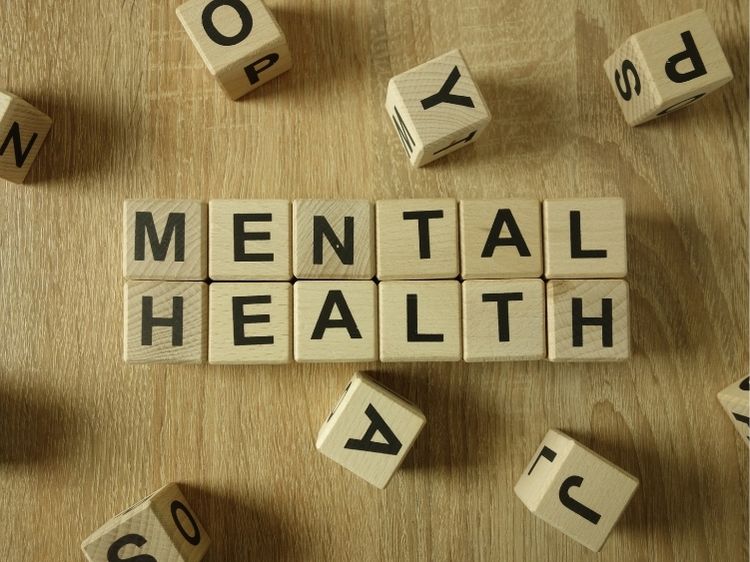What’s the Buzz About the Better Business Bureau?
Ever feel like finding a trustworthy business is like searching for a needle in a haystack? Well, enter the Better Business Bureau (BBB)—your go-to for keeping businesses honest and customers informed. This nonprofit organization has been the gold standard for evaluating businesses for over a century, helping folks like you and me avoid scams and find reliable services.
But how does the BBB actually work? And, more importantly, how can it help you? Stick around as we dive into everything you need to know about this cornerstone of consumer trust.
What Is the Better Business Bureau?
The Better Business Bureau is a nonprofit organization established in 1912 to advance marketplace trust. Its mission? To foster an ethical marketplace where buyers and sellers trust one another.
Here’s a quick breakdown of what the BBB does:
- Business Accreditation: Companies can apply for accreditation, which signifies they meet the BBB’s trust standards.
- Consumer Complaints: The BBB acts as a middleman to resolve disputes between customers and businesses.
- Business Ratings: Ratings range from A+ to F, based on factors like customer reviews, complaint history, and transparency.
- Educational Resources: The BBB provides tips and advice on avoiding scams and making informed decisions.
Why Is the Better Business Bureau Important?
The BBB plays a crucial role in maintaining fair business practices. Whether you’re a consumer trying to avoid fraud or a business aiming to build credibility, the BBB is a valuable ally. Here’s why:
- Protects Consumers
- Ensures businesses operate ethically.
- Offers dispute resolution services.
- Provides alerts about scams and fraudulent activities.
- Boosts Business Credibility
- Accreditation shows a commitment to ethical practices.
- Positive ratings and reviews enhance trust with potential customers.
- Encourages Accountability
- Holds businesses accountable for their actions.
- Promotes transparency in business practices.
How Does the Better Business Bureau Work?
1. Accreditation Process
Businesses can apply for BBB accreditation by meeting these core principles:
- Build trust by maintaining a solid track record.
- Advertise honestly and transparently.
- Be responsive to customer inquiries and complaints.
Accredited businesses often display the BBB logo, signaling their commitment to ethical practices.
2. Rating System
The BBB uses an A+ to F rating system to evaluate businesses. Ratings are based on:
- Complaint history
- Transparency in business practices
- Time in operation
- Adherence to BBB standards
3. Resolving Consumer Complaints
Got an issue with a business? The BBB can help mediate. Simply:
- File a complaint online.
- Wait for the business to respond (usually within 14 days).
- Track the resolution process.
How to Use the Better Business Bureau as a Consumer
Navigating the BBB website is pretty straightforward. Here’s a step-by-step guide:
- Search for a Business
- Visit bbb.org and enter the business name or category.
- Check the company’s accreditation status and rating.
- File a Complaint
- Use the BBB’s online complaint system to report issues.
- Provide detailed information about your experience.
- Check for Scam Alerts
- Stay updated on the latest scams in your area.
- Use BBB’s Scam Tracker to report or research suspicious activities.
Benefits of BBB Accreditation for Businesses
Wondering why businesses bother with BBB accreditation? Here’s what they gain:
- Enhanced Reputation: Accreditation boosts credibility and attracts more customers.
- Customer Trust: Displaying the BBB seal reassures potential clients.
- Conflict Resolution: The BBB mediates disputes, saving businesses time and effort.
Common Myths About the Better Business Bureau
Despite its benefits, the BBB isn’t without its critics. Let’s bust some common myths:
- Myth: The BBB is a government agency.
- Fact: It’s a nonprofit organization, not a regulatory body.
- Myth: Accreditation guarantees flawless service.
- Fact: Accreditation means the business meets certain standards but doesn’t ensure perfection.
- Myth: The BBB only helps consumers.
- Fact: The BBB also assists businesses in improving their practices and resolving disputes.
FAQs About the Better Business Bureau
1. How do I know if a business is BBB accredited?
You can search for the business on bbb.org and look for the accreditation seal or status.
2. Can I trust a business with a low BBB rating?
While a low rating doesn’t automatically mean a business is bad, it’s a red flag to proceed with caution.
3. Does it cost anything to file a complaint with the BBB?
Nope! Filing a complaint is completely free.
4. How long does it take for the BBB to resolve a complaint?
Typically, the process takes about 30 days, depending on the complexity of the issue.
5. Can I report scams to the BBB?
Absolutely! Use the BBB’s Scam Tracker to report fraud and protect others.
Better Business Bureau vs. Competitors: Why It Stands Out
The BBB isn’t the only game in town, but here’s why it’s a cut above the rest:
- Trustworthy History: Over 100 years of experience in promoting ethical business practices.
- Comprehensive Ratings: A transparent scoring system that considers multiple factors.
- Consumer-Centric: Free resources, dispute resolution, and scam alerts tailored for consumers.
Conclusion: Why the BBB Still Matters
In today’s fast-paced, digital-first world, trust is more important than ever. The Better Business Bureau continues to be a vital resource for ensuring fair play in the marketplace. Whether you’re a cautious consumer or an ethical entrepreneur, the BBB has tools and resources to help you succeed.
So next time you’re unsure about a business, give the BBB a visit. After all, it’s always better to be safe than sorry, right?
Authoritative Links for Further Reading
- Better Business Bureau Official Site: https://www.bbb.org
- BBB Scam Tracker: https://www.bbb.org/scamtracker
- Federal Trade Commission on Consumer Protection: https://www.ftc.gov



